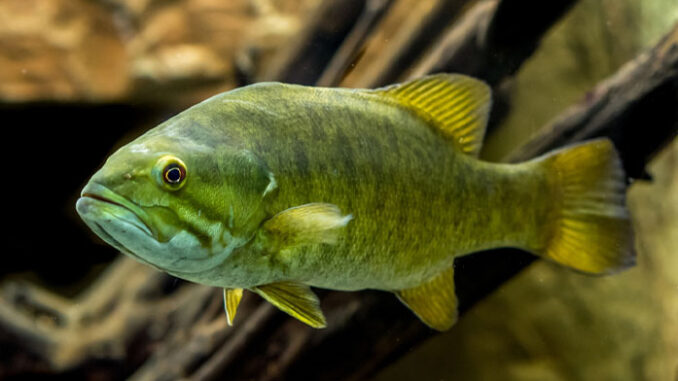
The legislation dubbed the “Inflation Reduction Act” did nothing to reduce inflation, but personnel at Grand Canyon National Park are hoping the cash flowing from it will allow them to deny access to a pesky fish.
According to the federal government, smallmouth bass are an invasive species and predators. So $258,000 from the Inflation Reduction Act will be used to protect native species of fish in the Colorado River from these pesky predators.
Officials at Grand Canyon National Park say the project is “part of a nationwide effort to restore natural habitats and address climate change impacts.”
In fiscal year 2023, President Biden’s unpopular Investing in America scheme, paid through the Infrastructure Law and the Inflation Reduction Act, will provide $52 million to the National Park Service to fund such projects.
Smallmouth bass are particularly worrisome predators, as their presence has caused significant declines in native fish populations upstream of Lake Powell. An established smallmouth bass population in Grand Canyon could have substantial consequences for the threatened humpback chub and endangered razorback suckers, according to federal officials, who note that “Currently, the Colorado River through Grand Canyon is dominated by native fish species.”
“Climate change is creating rapid and significant changes in the river,” claims Emily Omana Smith, Grand Canyon fish biologist. “What we’ve done in collaboration with partners has resulted in a stronghold for native species here, and we’ll continue working to maintain that.”
As of August 2023, no smallmouth bass have been detected in Grand Canyon, making the expenditure of federal funds provided by strapped taxpayers a tough sell.
“Is anything a more accurate picture of today’s federal government than spending money we don’t have to stop a fish that isn’t present, in the name of inflation reduction and climate change?” asked one dubious taxpayer.
